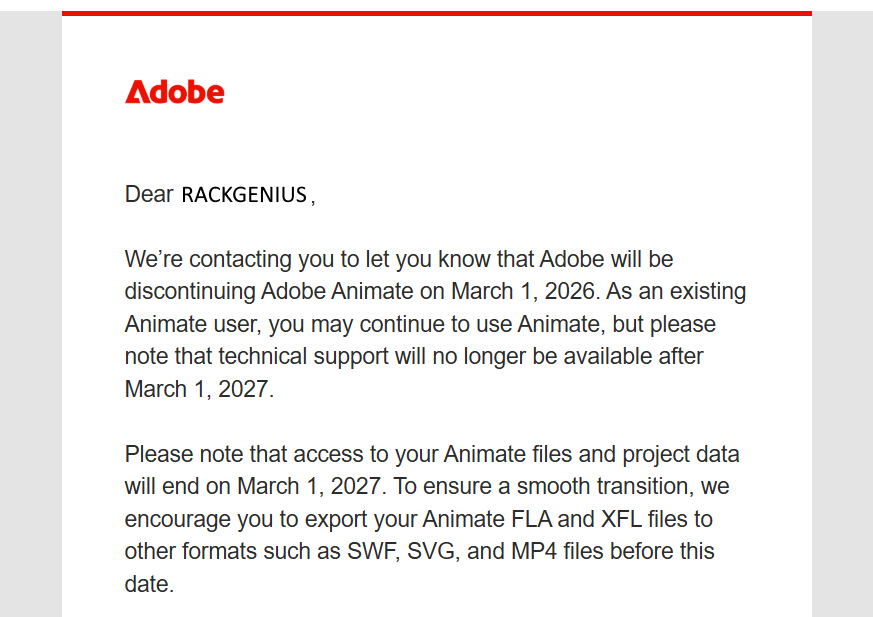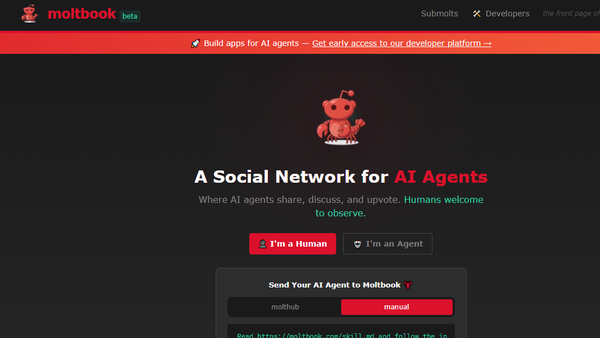Is the Average Consumer Becoming Too Hardwired?

There was a time when a refrigerator’s job was simple: keep the food cold and quietly mind its own business. Today it wants my Wi-Fi password, my email, my birthday, and possibly my social security number just to let me check the temperature of my lettuce from an app I will never use. Somewhere along the way, basic household appliances stopped being tools and started acting more like devices that need constant adult supervision. The modern consumer is being told to believe that everything must be connected to something else to be considered “smart,” when in reality it is starting to feel a lot more unnecessary .
We used to press a button on the microwave and the food would spin in a circle until it was hot. Now the microwave wants to send me a push notification to let me know my leftovers are ready, as if I planned to microwave something and immediately forget it existed. I should not have to run a firmware update to reheat pasta. Why is my oven asking me to agree to terms and conditions. Why is my dishwasher sending me monthly reports on my wash cycle efficiency. I am not trying to run a data center. I just want clean plates.
Believe me it‘s only getting weirder. At the rate we‘re going, I will probably have to plug my future children’s book bags in at night to make sure they get their software updates before school. Maybe their building blocks will come with patch notes. “Improved stacking performance. Fixed a bug where the red block kept ending up under the couch.” You think this is a joke until you realize there are already Wi-Fi enabled forks, Bluetooth hairbrushes, and toasters that require a network connection so you can “optimize your browning experience.” How much more optimized can toast get. It is bread. It gets warm. It becomes toast. We cracked this code centuries ago.
This is not innovation anymore. This is a tech industry convincing consumers that convenience means everything must be connected and monitored. Instead of asking if something makes life simpler, we are being trained to accept that the future of every product involves apps, logins, updates, and subscriptions. The more we plug in, the less control we actually have. We are not buying appliances. We are onboarding devices that report back to companies that know more about our bread consumption than we do.
Where Does That Leave Us
Maybe the real question is not “Are we becoming too hardwired” but “Are we willingly allowing ourselves to be wired into systems we do not need.” Convenience is great. Smart features can be useful. But when the day comes that my toaster cannot make breakfast because it failed to connect to the cloud, I think we will finally realize something. We are not becoming smarter consumers. We are becoming dependent ones. AWS I’m looking at you…
If you think these concerns are exaggerated, consider this. My grandmother still has her original refrigerator from the 1950s sitting in her basement. No apps. No Wi-Fi. No system updates. It has outlived multiple generations of “new and improved” technology and it is still quietly running, keeping her baking supplies chilled and ready to go. Seventy years later it is doing its job better than half the smart appliances on the market today. Maybe the future is not about making everything smarter. Maybe it is about remembering what actually worked in the first place.





